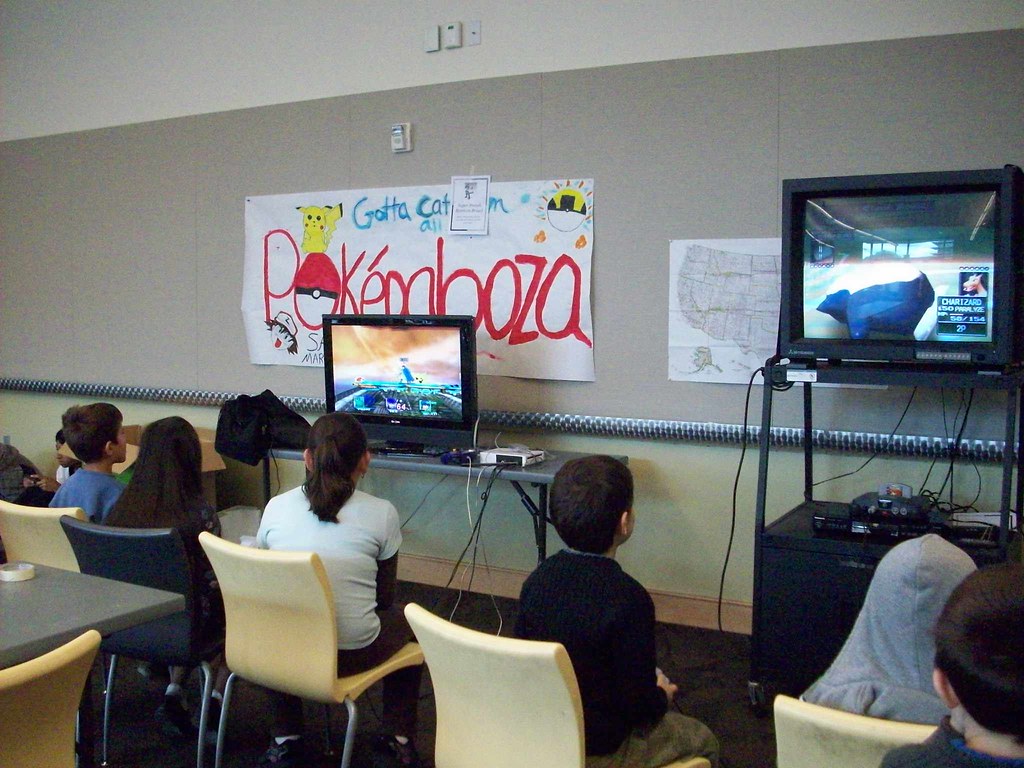Esta web utiliza cookies para que podamos ofrecerte la mejor experiencia de usuario posible. La información de las cookies se almacena en tu navegador y realiza funciones tales como reconocerte cuando vuelves a nuestra web o ayudar a nuestro equipo a comprender qué secciones de la web encuentras más interesantes y útiles.
Publicaciones
Educational video games represent an educational change that challenges teachers and managers of Higher Education institutions in several ways including their attitude formation and behavioural intention. Using a Technology Acceptance Model (TAM) approach a research model is developed to predict teachers’ behavioural intention to use educational video games in their courses. The research model is tested via structural equation modelling (SEM) on a sample of 312 Higher Education teachers. Main results suggest that perceived usefulness influences in a direct and positive way teachers’ behavioural intention while perceived ease of use indirectly influences intention through perceived usefulness. Gender and age were not found to moderate teachers’ attitude and behavioural intention. Regarding managerial implications, our findings suggest that Teacher Training Programmes aiming to encourage the use of educational video games should focus in increasing teachers’ perceived usefulness of educational video games. Limitations of the study and future research lines are also addressed.
Sánchez, A., J. Martí y J. Aldás-Manzano (2019). «Teachers’ intention to use educational video games: The moderating role of gender and age». Innovations in Education and Teaching International 56, n.º 3: 318-329.



